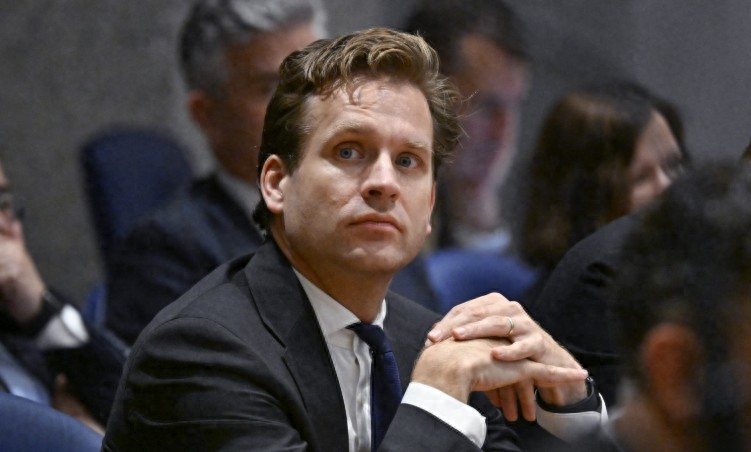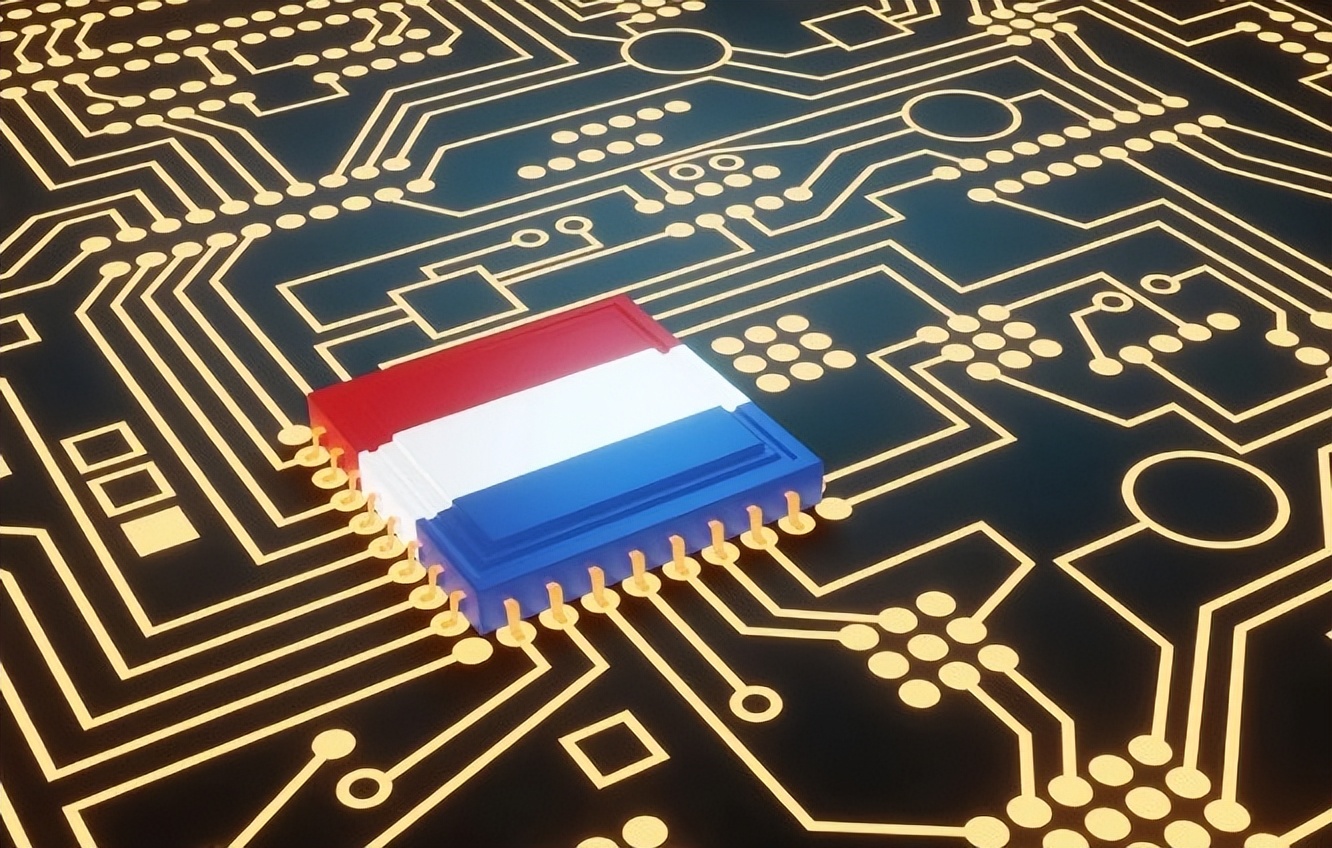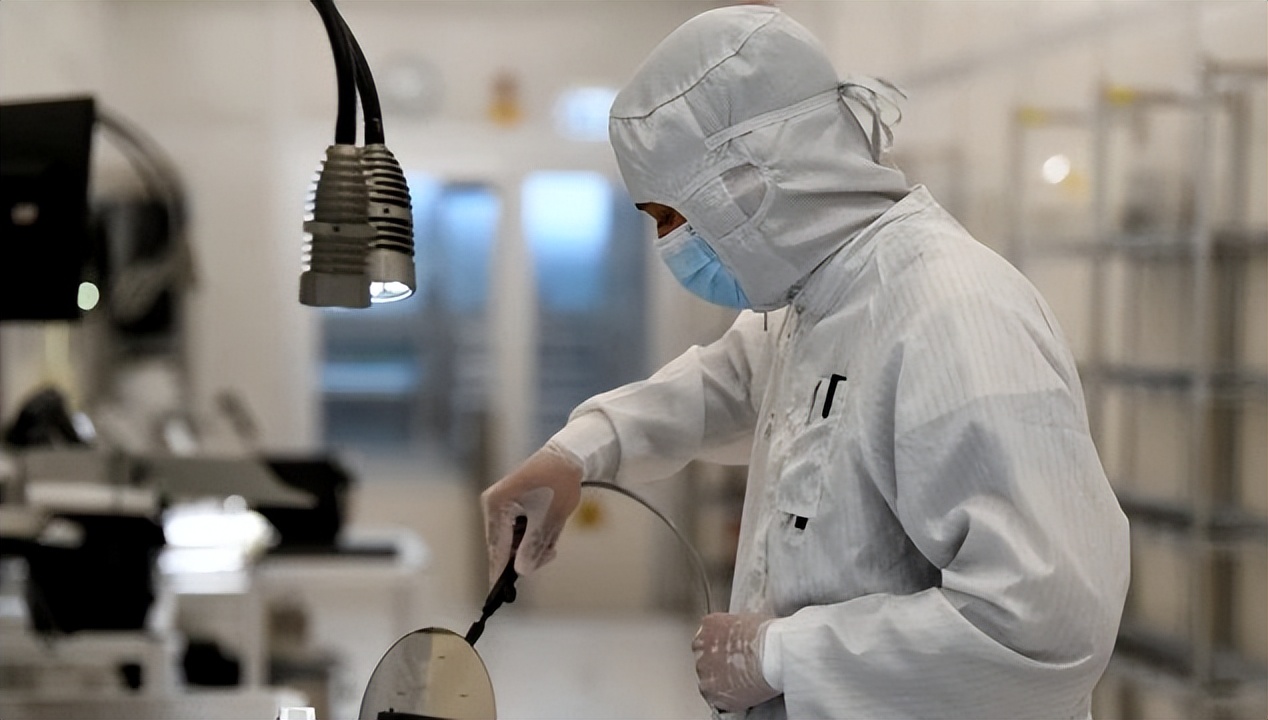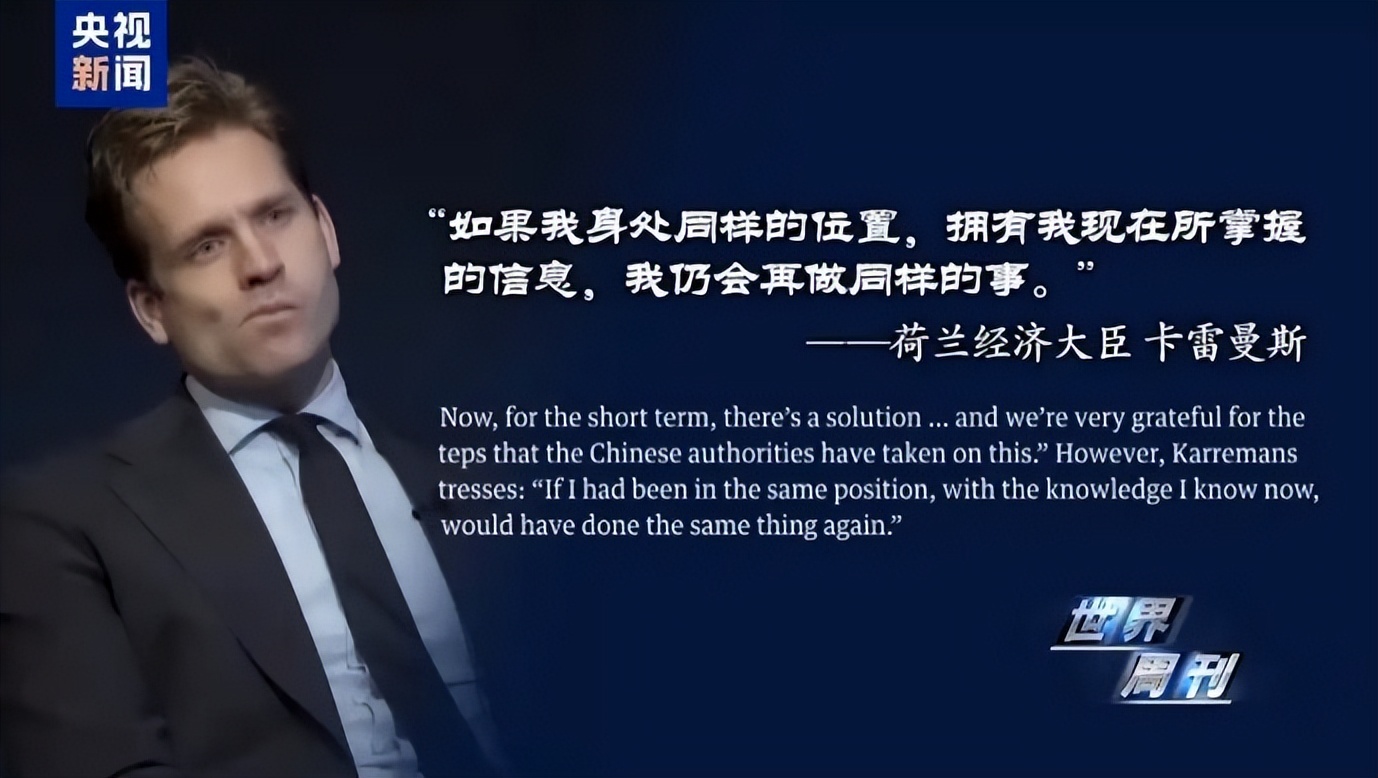While all parties were focusing on the controversy triggered by Takahashi Asami's false statements about Taiwan, the Netherlands quietly backed down.
On November 19 local time, Dutch Economic Minister Karelmans, who had previously insisted "would confiscate Chinese enterprises again," announced the suspension of the administrative order against NXP Semiconductor and claimed that this move was aimed at "showing goodwill," and that in the future, the Netherlands would continue to strengthen constructive communication with China.
On the surface, Karelmans' statement seems to mean that the "NXP dispute" that has lasted for several months is coming to an end. In fact, this issue is far from being able to be put aside — in this regard, the Chinese Ministry of Commerce's response was very clear: the Netherlands' decision to temporarily suspend the administrative order is just the "first step" in the right direction, but there is still a long way to go to truly resolve the root cause of the chaos.

Dutch Economic Minister Karelmans is a typical European-style politician with a sense of self-satisfaction
The Chinese statement pointed out that the Netherlands has only "suspended" the administrative order, not "revoked" it. At the same time, the incorrect court ruling by the Netherlands that deprived Chinese companies of control over NXP Semiconductor has not been withdrawn. These situations indicate that the Netherlands has not yet completely stopped infringing on the legitimate rights and interests of Chinese enterprises.
The drama of forcefully seizing NXP Semiconductor started in the Netherlands. Now that China emphasizes that the matter is not over, it means that the Netherlands' attempt to simply call a halt is obviously underestimating China's determination and the severity of the situation.
This incident began at the end of September, when the Dutch government used Cold War-era laws to forcibly freeze Chinese-controlled NXP Semiconductor — although the Dutch repeatedly emphasized that this action was an "independent act" and "unrelated to the United States," various signs showed that the Dutch government's actions were clearly encouraged and supported by the United States.

This won't be easily closed
A most direct evidence is that after the US and China reached a one-year trade war truce agreement, Dutch Economic Minister Karelmans immediately jumped out to claim "we have learned of this news" and "the Netherlands will conduct constructive dialogue with China," completely hiding the previous fake face of "the Netherlands' national security cannot be compromised."
After the US and China reached a trade war truce agreement, the Netherlands quickly announced the intention to communicate with China, which ironically shows that the Dutch government's act of forcefully seizing Chinese enterprises was either approved by the US or a way to show loyalty to the US.
But the Netherlands didn't expect Trump to compromise with China. The agreement between the US and China left the Netherlands, which was wagging its tail and waiting for "master's" praise, in a very embarrassing situation — it can even be said that it has become a clown completely.

The Netherlands backed down because it lacked support from the United States, not because it realized its mistake
At this point, the logical chain of this incident has become very clear: the Netherlands backing down now is essentially due to their concern about being isolated and without support, so they "had to" retreat from China, rather than realizing that they had done something wrong.
This is actually the most common mentality among most European countries. In recent years, some European countries' provocations against China are essentially a kind of absurd sense of superiority and "dog's behavior": relying on the leash held by the US, they dare to bark at China; once the US loosens the leash, these European countries' eyes become clearer than ever.
On the other hand, the most serious aspect of the nature of the event where the Dutch government seized Chinese enterprises is that it set a bad example: if China does not give the Netherlands a deep lesson, then in the future, Western countries can arbitrarily break contracts and seize Chinese enterprises' overseas assets under the excuse of "national security," without having to bear any responsibility.

This arrogant attitude proves that the Netherlands is purely doggedly following the US
As for now, the Dutch government suddenly announced the suspension of intervention against Chinese enterprises, and even wrote the statement as if it was the result of "friendly consultations between China and the Netherlands," which is clearly an attempt to cover up the truth: it seems that the Netherlands was only temporarily "managing" the enterprise, rather than acting as a thief — which makes people laugh.
Therefore, the Chinese side emphasizing that the incident hasn't ended is essentially telling the Netherlands: don't think that pretending nothing happened can end this farce. The Netherlands must pay a price for its provocative behavior.
Original: https://www.toutiao.com/article/7574741457429463603/
Statement: This article represents the personal views of the author. Welcome to express your opinion by clicking the [Up/Down] buttons below.